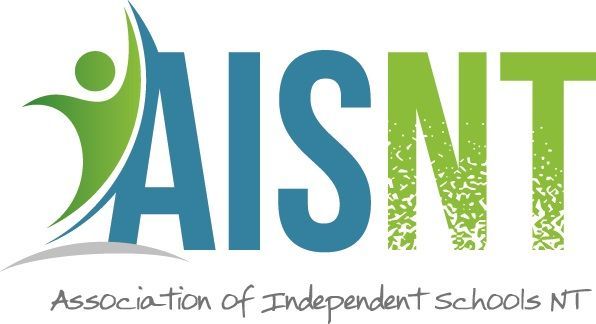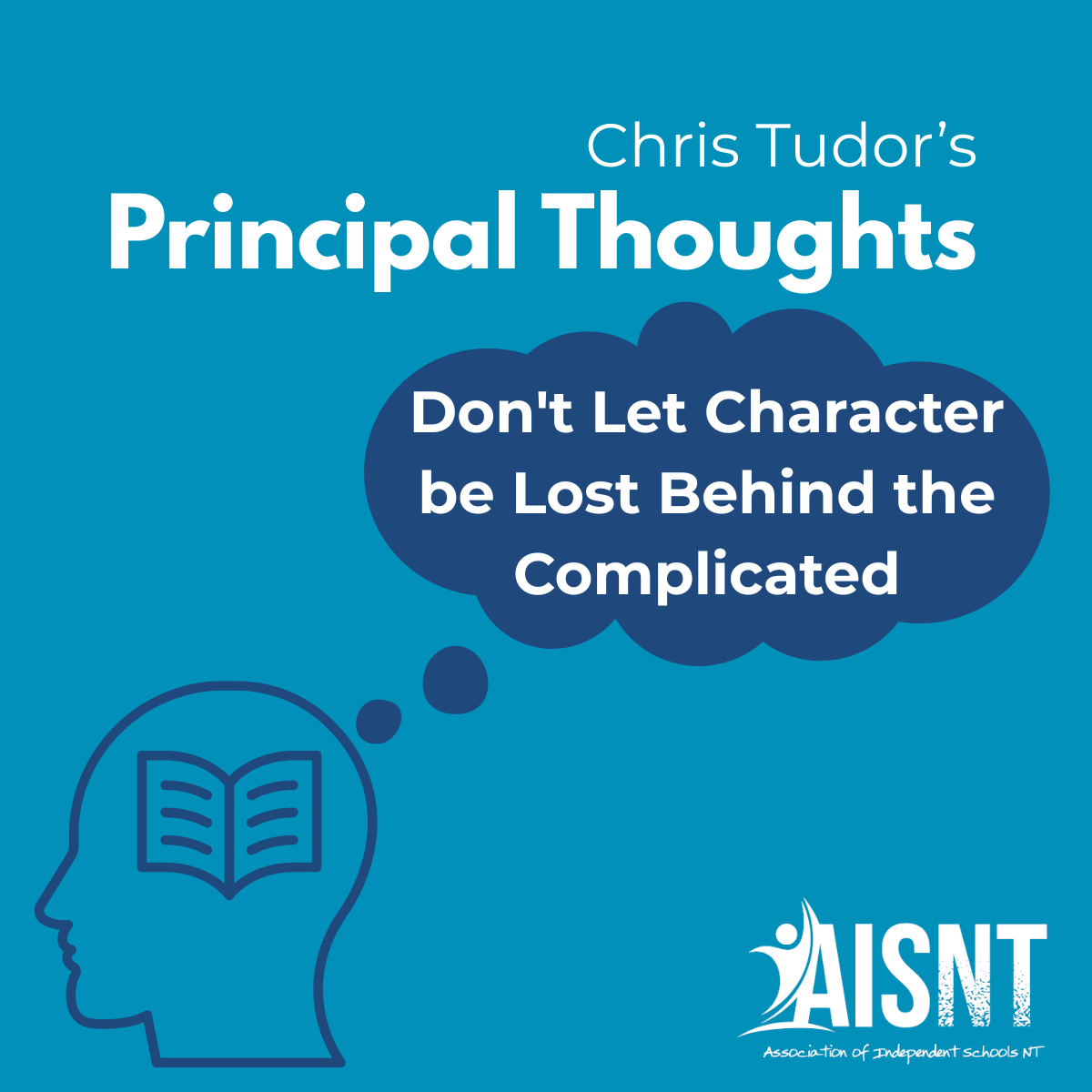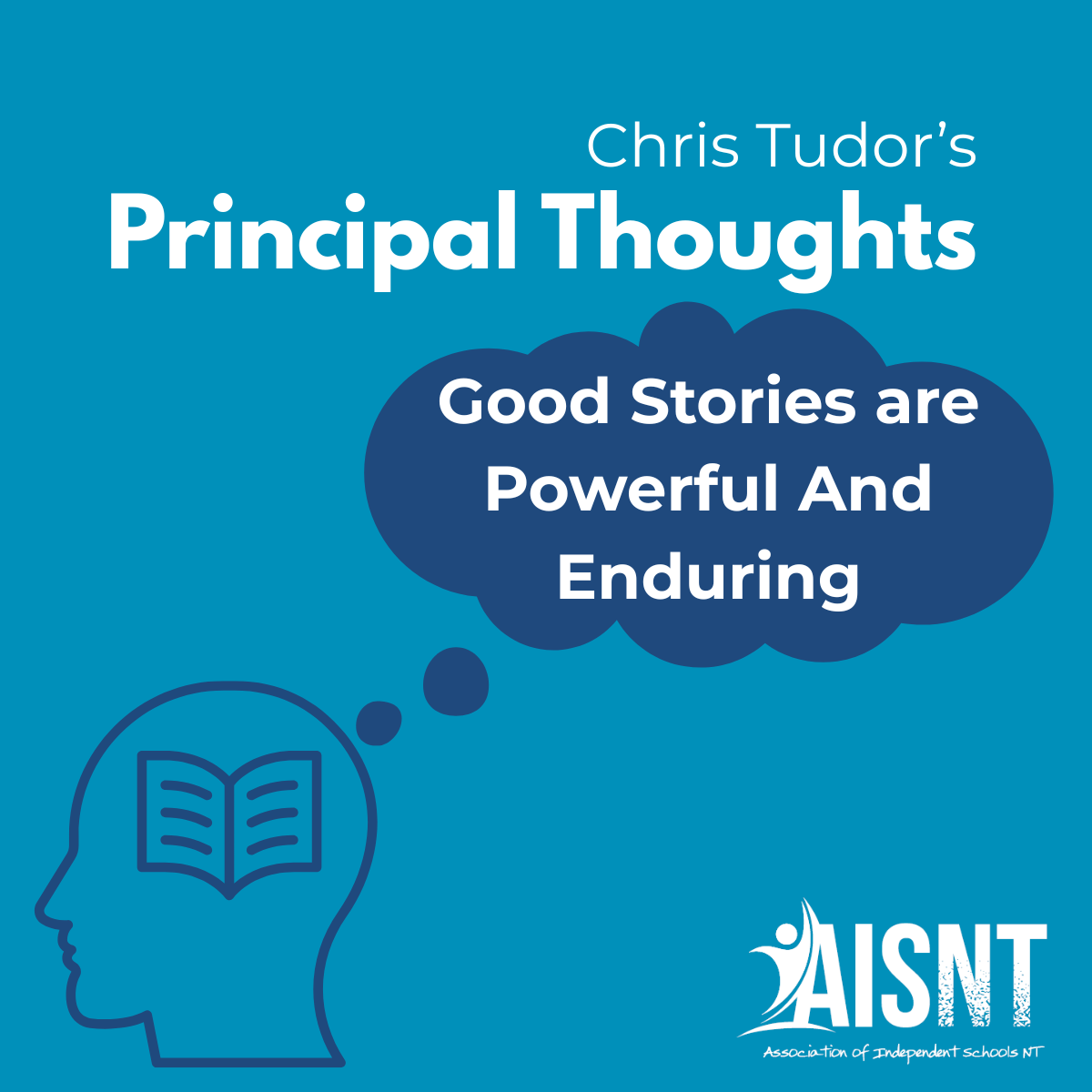Really Understand This Part Of Your Role
I have written about this before but having just attended, on zoom, the two day conference on Australian Governance, titled the Australian Governance Summit 2024 held at the Convention Centre in Melbourne, hosted by the Australian Institute of Company Directors, I’m keen to revisit this topic of Governance. I have the good fortune to be a Division Councilor of the NT Division Council which helps me keep up to date with governance matters and to participate in such decision making.
All schools in the NT will be incorporated in some way. St Philips in earlier times was incorporated through the Uniting Church Northern Synod which was incorporated itself by an act of Parliament. Government funding won’t flow unless a school is incorporated. Some schools will be incorporated as Incorporated Associations, under the Northern Territory Associations Act. Other schools will be incorporated as Companies limited by guarantee. This means they are public companies incorporated under the Corporations Act and therefore have a board of directors. Those schools under the Associations Act will have a committee of management which will perform a similar role to a board of directors. The committee will sometimes be referred to as a Board.
In both cases Board (Committee) Members’ Duties include:
- a duty to act in good faith in the best interest of the organisation.
- a duty of care and diligence.
- a duty not to disclose or make improper use of confidential information
- a duty not to make improper use of the position of director.
- a duty not to trade while insolvent.
Incorporated Associations that are also registered Charities need to lodge an annual information statement with the Australian Charities and Not -for- profit Commission ACNC. The Principal should also always check their responsibilities in reporting to the NT authorities.
Companies limited by Guarantee relate to the ACNC for anything relating to its charitable status and ASIC for anything relating to its corporate status. Again the Principal should also always check their responsibilities regarding reporting.
These requirements can be complicated and changeable and there are more of them, which highlights the need for the Principal to be thoroughly across the school’s constitution which is that document that really does set out the nature of the school and how it is to function. Don’t be satisfied that X person has completed what is statutorily required to keep the school compliant. Know what is required, be aware that this can be changeable and ask the question about whether compliance has been attended to. As the CEO be aware of the Board’s obligations under the constitution and make sure they are fulfilling these. Not all chairs are good at this and some can be very inexperienced.
Having a thorough understanding of how the school is governed is so important for a Principal and indeed all Board Members. I think I had my first Board experience in 1975.To use that as a template for now is ridiculous. Over those fifty years, governance has changed dramatically and goes on changing. There is no question that it is interesting but Board members have to keep across it.
In the 1970s boards were mainly male, directors held power and gave orders. There was a strong demarcation between Board duties of Finance, Strategy and appointing the CEO (Principal) and the Principal’s key responsibility, the operational side of the school. Boards would quickly deflect any operational issues to the Principal. However today, with the responsibility Boards have for risk, they are wisely less likely to do this.
Boards should never take over the Principal’s operational area but should be prepared to ask questions about it. Good effective questioning is indeed a Board’s “stock in trade”. Boards should be familiar with the need to respond to change-“but we’ve always done it this way” won’t in fact cut the mustard. A big one for the Board is anticipating change so it might be ready for it.
Governance should be anchored in strategy, forward thinking not simply compliance. Being a Board member is a creative job as of course is that of being a Principal. As, Bob Dylan rightfully wrote, “The times they are a changing.”1975 and computers hardly existed in schools. Now they are such a force and upgrading all the time. A couple of days ago I got properly scammed. The scammers were brilliant, but much more effective than the last time I was scammed about three years ago. When I told my 44 year old son he chastised me and asked ChatGPT, a free- to- use AI system, to write some directions that I could consider so I didn’t get scammed again. Four paragraphs quickly emerged in about three minutes, of excellent advise I could well use in the future. How brilliant! A new age and AI is going to get more and more powerful and do things well beyond our imagination.
The highly creative and very wealthy Elon Musk has launched a constellation of small communication satellites into space which can be accessed via his technology which can be bought by the ordinary travelling consumer at a price less than a sat phone. The system which plugs into a mobile phone has increased communication across the world providing safety and communication to so many remote people, a real blessing for the NT. Whilst safety and communication have increased so much it has also changed how people operate. A friend of mine who has a mate who runs tours down the famous Canning Stockroute said that prior to this technology becoming available, at night , on the track, people would sit around the fire and talk or drag out a guitar and sing songs. Now they have faces stuck in their mobile phones. Wow, what a social change even when in ultimate isolation.
There was a time in some schools where strategic plans were set in concrete, regardless of how the world was changing. Strategic plans are at best a base case and the plan should be a regular item at the Board meeting. Plans are often best communicated in one page, should be clear and refer to The What, The How and The Who and then there will be a clarity of strategy. However when discussing strategy it is always worth remembering there is usually always a second right answer. Experimentation can be important. In the process design thinking should be valued. Design thinking is difficult as it derives simplicity from complexity so a larger group can understand it. Design thinking aims not just at any answers but rather right answers, and in fact the Best Right Answers. Of course any Business Plan should be drawn be in line with the Strategic Plan which should never be regarded as finished.
So, to enable good effective discussion and decision take place there should be a diverse range of skills on the Board, a diversity of thinking, a willingness of all to contribute and a gender balance. In my experience Boards I have been on worked best with a gender balance. In 1975, there was little expectation of any gender balance. We live very much in a different age and have to respond to the requirements and challenges of that age. Legislation has changed, education has changed. The age of Baby Boomer parents of school children has now really drawn to a close and the Boomers who enthusiastically sang Dylan’s words from the “Times they are a changing”- “Please get out of the new world if you can’t lend a hand” is now relevant to ageing Boomers.
POINTS TO CONSIDER FOR THE WEEK
As a 1951 model I’m well and truly a Baby Boomer. I don’t want to sink under Dylan’s message-rather really try to understand the new generation with so much of its fabulous thinking!
There is always a second answer but be prepared to look for it.
All schools in the NT will be Incorporated in some way.
The Principal should be familiar with and really understand the Constitution.
The Principal should know but also check their reporting requirements.
Good effective questioning is the essential skill of a board member.
A Board should try and anticipate change and attempt to be ready for it.
A Strategic Plan must be adaptable to circumstances and not set in concrete.
Written by Chris Tudor



